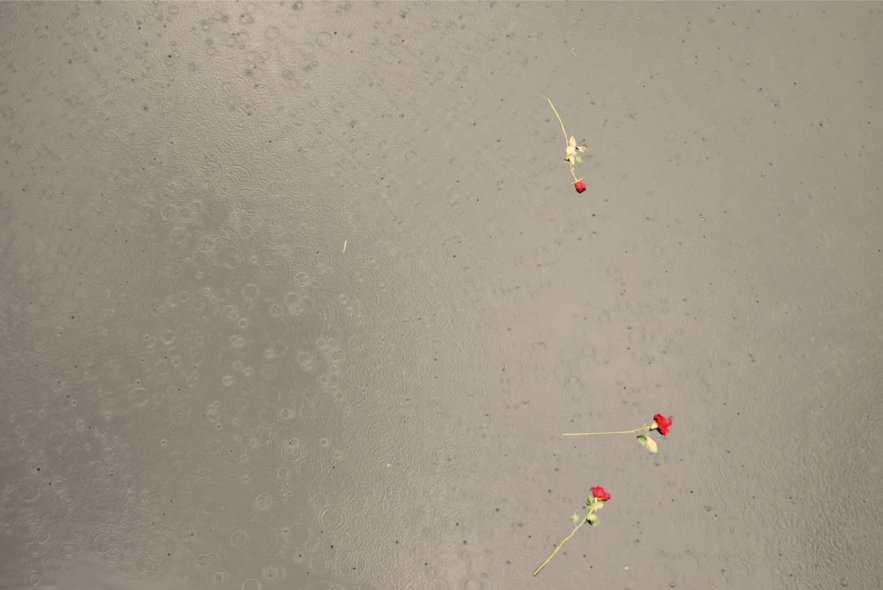Post-war reconciliation in Croatia and the wider Western Balkans remains incomplete and fragile. While violent conflict has ended, political narratives, institutional practices, and social relations continue to reflect deep divisions rooted in unresolved legacies of the past.
Reconciliation is often reduced to declarative gestures, while sustained dialogue, shared responsibility, and meaningful cooperation across political, ethnic, and national lines remain limited. The Reconciliation Program approaches reconciliation as a continuous social and political process. It focuses on creating structured spaces in which individuals, political actors, civil society organizations, and young leaders can confront contested narratives, engage in dialogue, and cooperate on the basis of human rights, democratic values, and responsibility for peace. By linking interpersonal dialogue with political engagement and regional cooperation, the program seeks to reduce polarization and contribute to long-term stability.
Shared Narratives — Through the program The Past Continues, developed in cooperation with the Institute for the Study of Human Rights at Columbia University in New York and with input from activists from other societies recently affected by violent conflict, YIHR developed a methodology for building shared narratives among individuals and groups who experienced conflict from different sides, or who were politically socialized into opposing dominant narratives about past wars. Earlier applications of this methodology had particularly significant impacts on participants, produced valuable publications and reflections, and achieved international recognition (for example, the French Republic Human Rights Prize).
During this strategic period, YIHR will ensure the annual, cyclical application of this methodology across different themes and locations. It will organize regional and local processes to map dominant narratives and develop shared ones, contributing to responsible engagement with the past, reconciliation, and social cohesion. Within Croatia, this programming will foster and support reconciliation processes at both the national and local levels, with particular attention to war-affected communities. At the same time, together with the regional YIHR network, YIHR Croatia will implement bilateral and regional processes based on this methodology, fostering friendships among young people in the region and bridging narratives that continue to fuel conflict.
Political Youth Network — In 2014, YIHR spearheaded the creation of the Political Youth Network (PYN), which connects youth organizations within political parties across the region. This globally unique network brings together young people from different countries and political parties, bridging not only national but also ethnic, political, and ideological divides, while promoting the principle that all politically active actors have a duty to understand, promote, and protect human rights and to contribute to reconciliation.
After more than 10 years of work, PYN will undergo significant programmatic development in the coming period. This will include creating additional opportunities for exchanges among young politicians, involving more human rights organizations in mentoring politically active youth, and producing a human rights and civil liberties guide for young politicians. To date, PYN’s work has been supported by the German Marshall Fund of the United States (GMFUS) and the National Endowment for Democracy (NED). During this strategic period, YIHR will seek support from European political foundations, whose involvement could contribute not only to programmatic development and the intensity of engagement but also to the network’s credibility.
Regional Policy Cooperation — While young people are frequently invoked in regional political processes, their perspectives and proposals are rarely integrated into formal decision-making at the highest levels. This gap limits the transformative potential of youth engagement and weakens reconciliation efforts at the policy level. Through Regional Policy Cooperation, led by the YIHR Regional Network, young people from across the Western Balkans are supported in developing joint policy proposals addressing reconciliation, human rights, and regional cooperation.
The program focuses on equipping young people with the skills and platforms necessary to engage meaningfully with regional governance processes. A central component of this initiative is engagement with the Berlin Process, using its forums to ensure that youth-led policy proposals are presented and considered at the highest levels of diplomacy and governance. By linking grassroots youth engagement with regional political frameworks, the program contributes to embedding reconciliation within long-term regional cooperation. A critical part of the still unrealized reconciliation policy proposed by civil society is the Initiative for RECOM, which YIHR will continue to support and advocate.
Coalition for Peace — Peace education and human rights work in the region remain fragmented, with limited coordination among organizations working on related issues across national borders. This fragmentation weakens collective impact and reduces the visibility of peace-oriented initiatives in public and policy debates. The Coalition for Peace is a newly established regional initiative that brings together peace and human rights organizations committed to promoting peace education, inclusive memory, and non-violent approaches to conflict.
The Coalition serves as a platform for coordination, mutual support, and joint advocacy, enabling organizations to strengthen linkages across the region and respond collectively to emerging challenges. During this strategic period, YIHR Croatia will actively contribute to the development of the Coalition for Peace, supporting its consolidation as a recognized regional actor and strengthening cooperation among civil society organizations working on reconciliation and peace.
